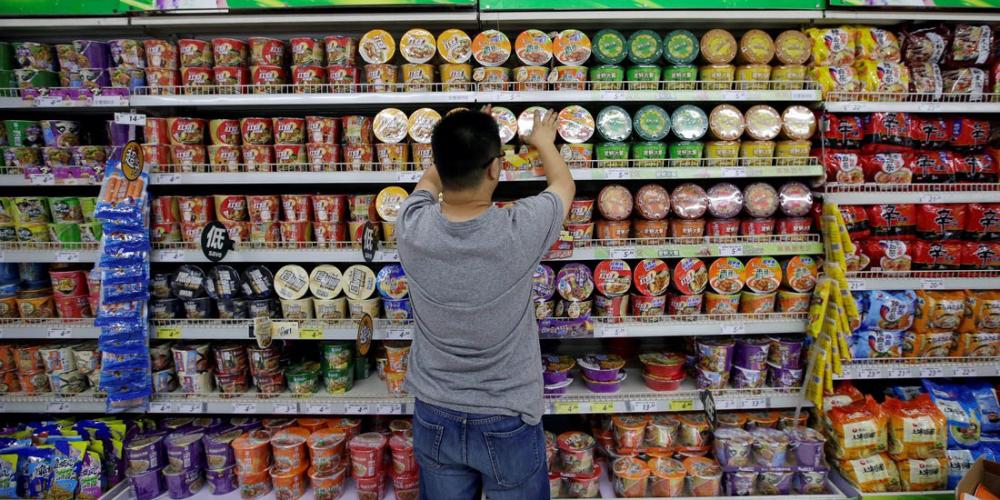KUALA LUMPUR: Government intervention is necessary to lessen the potential harm resulting from poor food choices, said the United Nations Children’s Fund (Unicef) Malaysia representative Marianne Clark-Hattingh.
Clark-Hattingh said as an act of leadership, they should stop using instant noodles in government programmes such as feeding programmes or as relief goods for flood victims.
“The government should regulate food marketing, ensuring front-of-pack labelling that provides clear and simple nutritional guidance and high-salt warning labels. They can restrict marketing and advertising for foods exceeding thresholds on sodium, saturated fat, and added sugar.
“Last but not least, the government can subject instant noodles to a sin tax similar to tax imposed on sugar-sweetened beverages,” she said in a written statement to Bernama today.
She was responding when asked to comment on the recent report released by Unicef stating that a diet heavy on cheap, modern food like instant noodles has left millions of children unhealthily thin or overweight in Southeast Asia.
The report showed that an average of 40% of children aged five and below in the Philippines, Indonesia and Malaysia have been found to be malnourished – significantly higher than the global average of one in three.
It also highlighted that one common and inadequate food parents feed to children in Southeast Asia is instant noodles, which research has shown lacks crucial micronutrients like iron and is protein-deficient while having both high fat and salt content.
Thus, Clark-Hattingh pointed out that the report is also a great wake-up call for the Malaysian government and the private sector to change the way food is produced and promoted.
“In this regard, Unicef is ready to provide the support needed to make the change we need to build a country that is healthier, starting with better food choices for every child,” she said.
With 12.5 billion servings in 2018, Indonesia was the world’s second-biggest consumer of instant noodles, according to the World Instant Noodles Association, only behind China.
Although the Philippines and Malaysia did not make it to the top five countries on the list, they still had high numbers with total servings of 3.7 billion and 1.3 billion respectively. — Bernama










